Film Review: Sansho the Bailiff (1954)


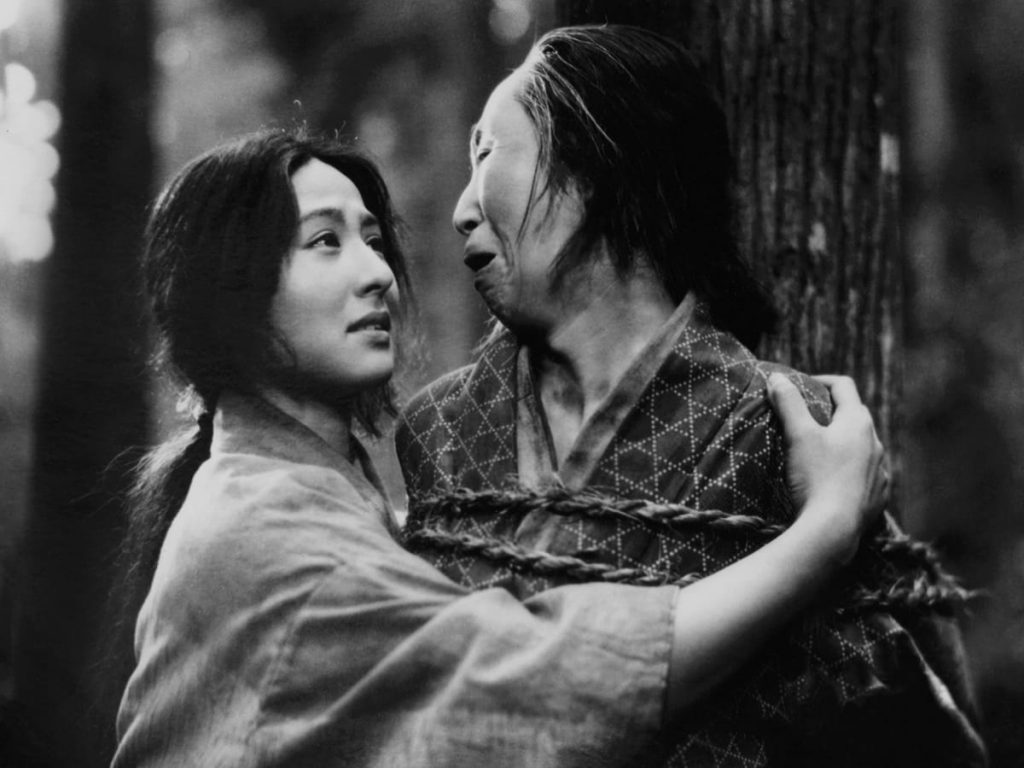
In the film Sansho the Bailiff, a very simple, yet haunting song guides its unfortunate characters toward their fates. The song is heard several times throughout the film, a call from a mother to her lost children. In it, this mother wonders where her children have gone, and if they will ever return. It’s a ghostlike tune, sometimes heard on the wind, but it offers hope to young Anju and Zushiō where it could easily have been lost long ago. It’s a beautiful piece of music.
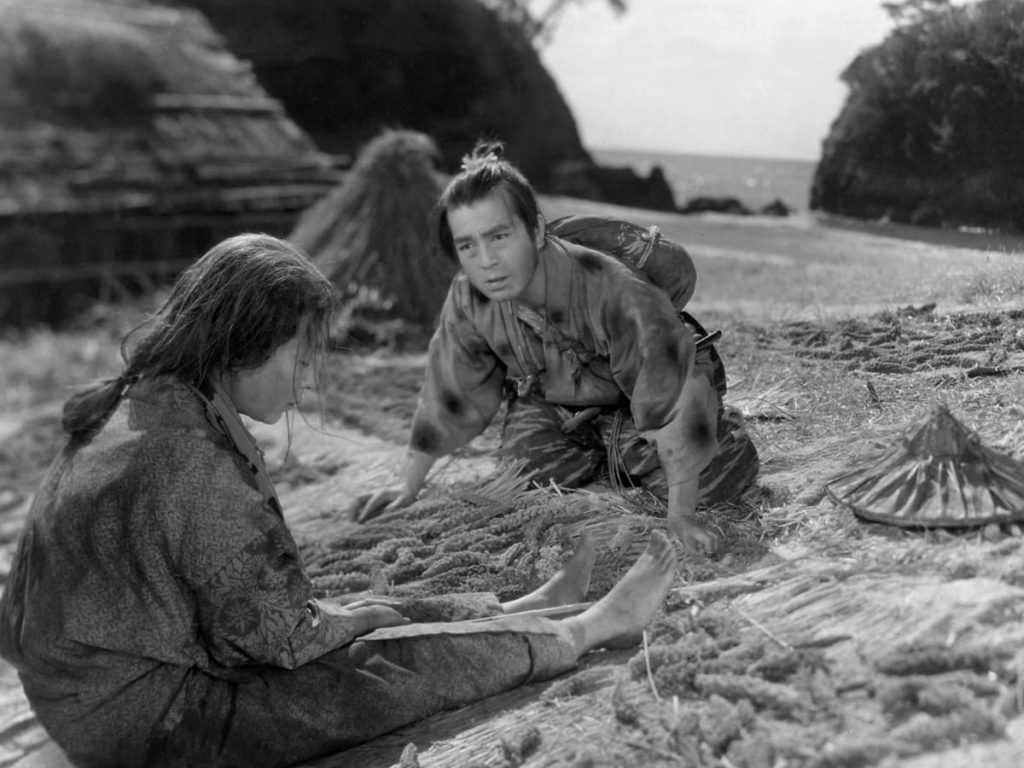
Kenji Mizoguchi’s jidai-geki masterpiece isn’t fair to the poor, poor souls who inhabit it. Things don’t really turn out well for anyone, but they endure—it’s all they can do. The twists and turns throughout the film begin with its title—the titular Sansho is actually the bad guy and a brutal one at that. He runs a prison work camp in the Heian period of Japan (roughly 794 to 1185 AD), a time “when mankind had not awakened as human beings.” The slave trade is alive and well, with travelers and paupers being kidnapped to feed the greed of landowners and government officials.
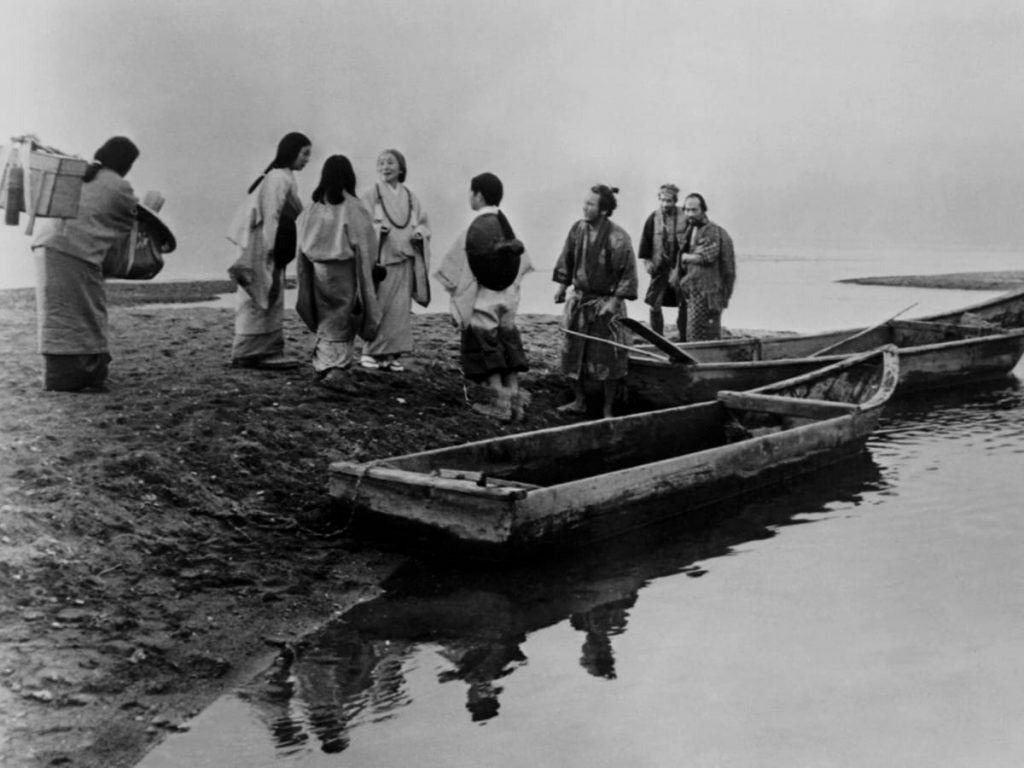
This is just what happens to Tamaki (Kinuyo Tanaka) and her two children Zushiō (Masahiko Kato) and Anju (Keiko Enami). Tamaki is taking her children to see their father, an honorable former governor who was exiled for defying a blood-thirsty general. After several years of banishment, it’s now safe to reunite the family. The journey is long and dangerous, as there are bandits about, but the family longs to be together.
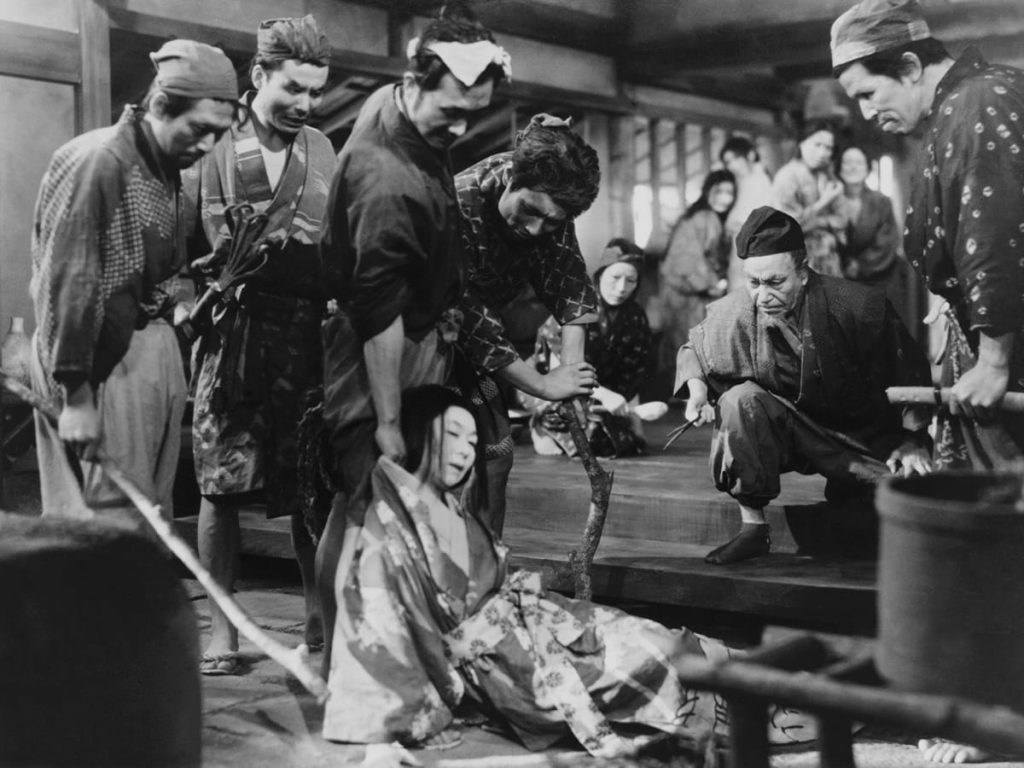
The scene which serves to separate the children from their mother is easily heartbreaking but is somehow made worse because we can easily see it coming. We hope for it not to happen, for someone to do something to stop it, but of course, there is no action to be taken. Tamaki is sold into prostitution, while the children are taken to Sansho (Eitarō Shindō), a cruel taskmaster who runs a successful government plantation. They are young and scared, but with the help of Sansho’s son Tarō (Akitake Kōno) and the older and experienced Namiji (Kimiko Tachibana), the children make a pact to stay alive, bide their time, and eventually find their mother.
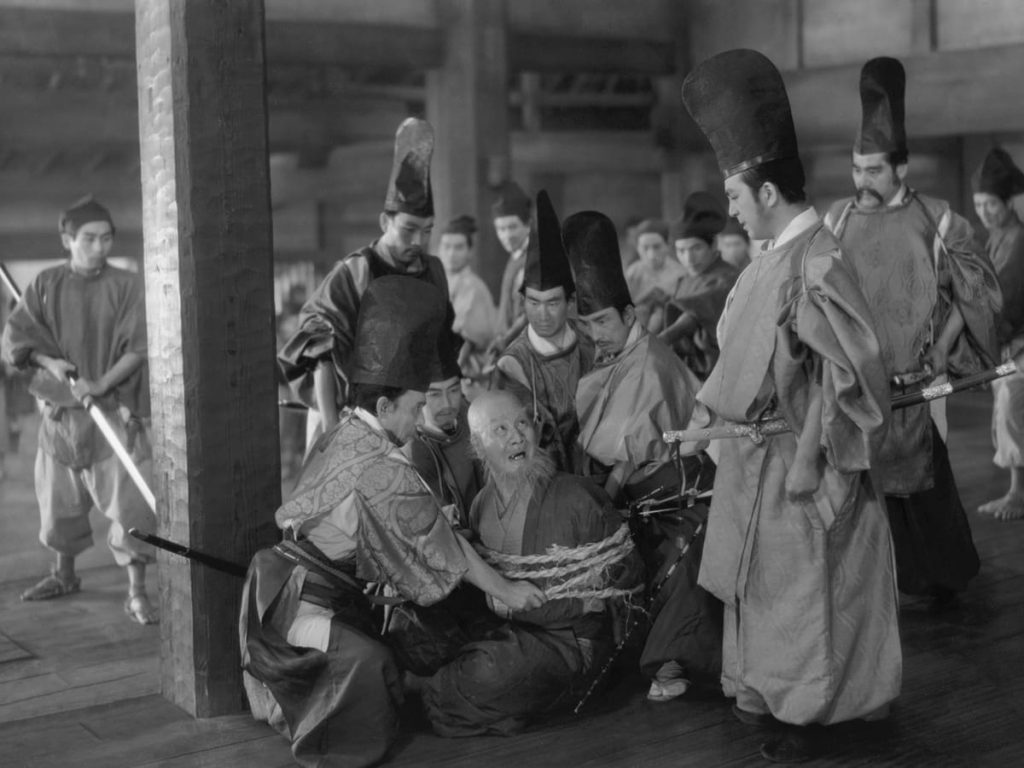
With the passing years, attitudes begin to change. Anju (now played by Kyôko Kagawa) is still resolved to escape. Zushiō (Yoshiaki Hanayagi) has taken on the demeanor of their captor, Sansho. He’s become a trusted aide to the brutal man, doling out punishments without hesitation. After hearing the mentioned haunting song sung by a new girl, Anju is alive with hope and determined to gain her freedom.
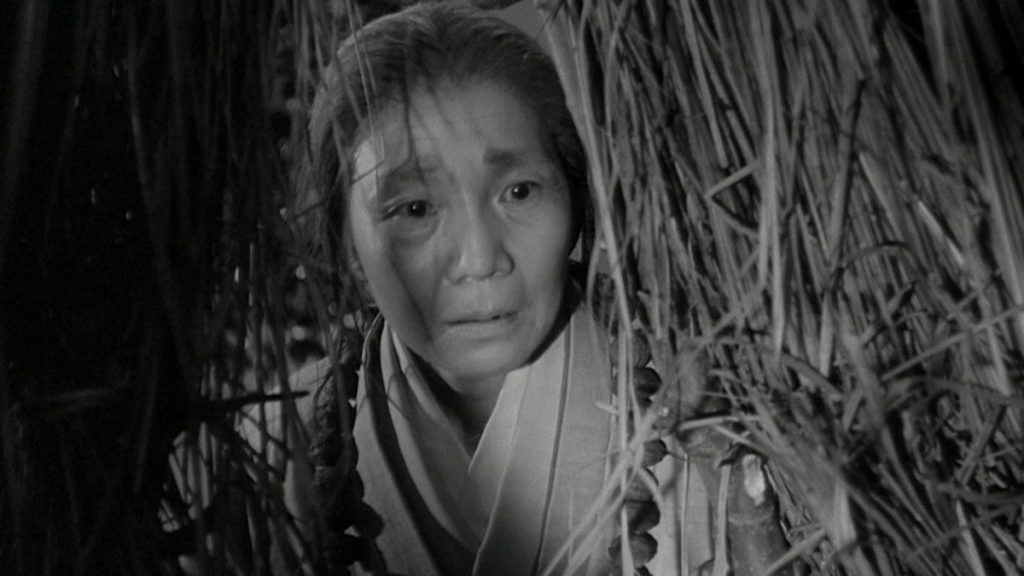
The twists to come are unexpected. Some are dour and grim, some triumphant and exhilarating, but the journey they lead us on is one of the truly great ones cinema have to offer. This brilliant story of perseverance and loss (based on the 1912 story of the same name by famed Japanese author and poet Mori Ōgai) is accentuated time and again by Mizoguchi’s masterful eye. Long shots paint landscapes as characters in flowing, picturesque beauty. The wind ruffles the grass, bows branches, and moves water as tiny humans slowly navigate our field of vision. Cinematographer Kazuo Miyagawa paints moving portraits as Anju, Zushiō, and the rest toil and triumph through countless adversities. Rarely do films come together so perfectly thematically, and formally.
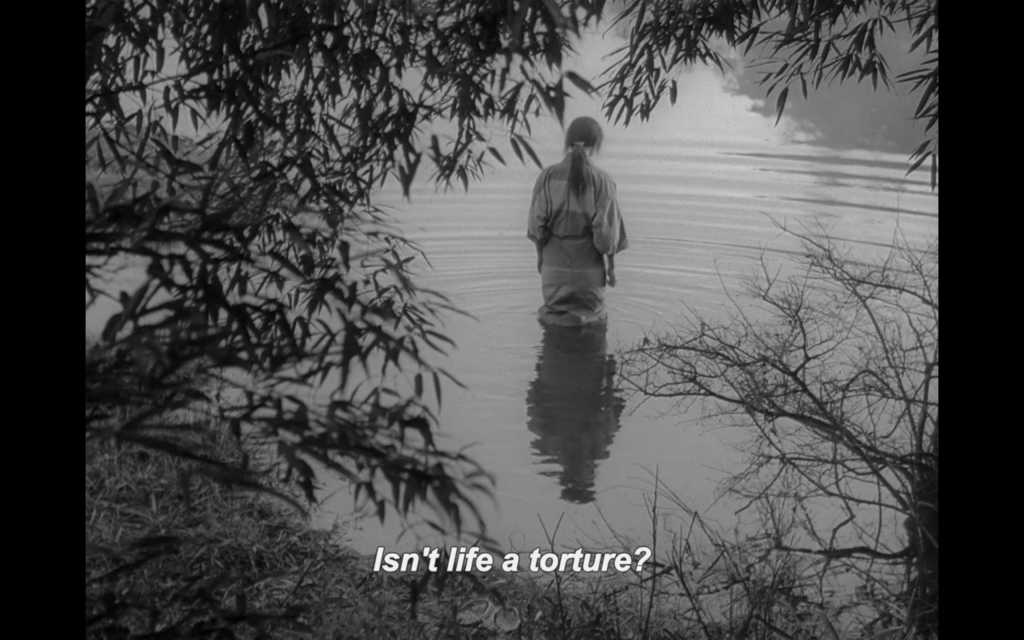
There is some justice offered at the end of Sansho the Bailiff, but not before injustice takes a heavy toll. The ups and downs that get us to the conclusion and eventual redemption have taken a toll on us, the viewer, as well. It’s a hard fight, but a beautiful one.
Japan • 1954 • 124 minutes • Black & White • 1.33:1 • Japanese • Spine #386
Criterion Special Features Include
- New high-definition digital restoration, with uncompressed monaural soundtrack on the Blu-ray edition
- Audio commentary featuring Japanese-literature scholar Jeffrey Angles
- Interviews with critic Tadao Sato, assistant director Tokuzo Tanaka, and actress Kyoko Kagawa on the making of the film and its lasting importance
- PLUS: An essay by scholar Mark Le Fanu and, for the Blu-ray edition, two versions of the story on which the film is based: Ogai Mori’s 1915 “Sansho the Steward” and an earlier oral variation in written form
